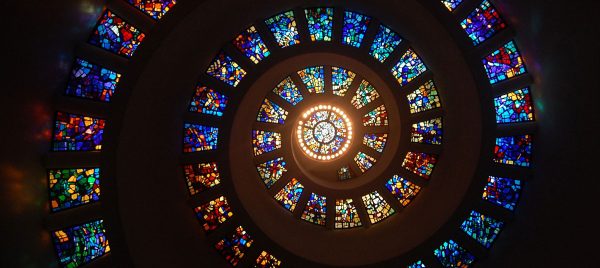A guest blog from our associate Winchester University Theological Department
The book of Ecclesiastes talks about what it’s like to chase after knowledge only to find that, after all, you still don’t know anything. That’s a common theme for philosophers: Socrates famously annoyed his neighbours by asking them what they knew about the world only to discover that what they didn’t know was more interesting than what they did know.
But it’s also a common theme for theologians. Some of the greatest theological minds of all time spent years and years in search for wisdom and understanding of God only to discover that, in the end, none of what they’d learnt really counted for much. Thomas Aquinas – one of the most influential and prolific theologians ever to have existed, gave up part way through writing a systematic account of God, the world, and everything that happened in between because an experience made him realise that it was ‘all straw’. What lots of people seem to find is that the more we learn – about ourselves, the world, and God – the more we realise that we can’t ever really grasp those things.
‘Mystical theology’ is one way to describe the work of theologians who spend their lives in search of that moment of unknowing which, for many, is more important than the moments of feeling certain that we’ve really understood things. Dionysius the Areopagite, a sixth century Christian and one of the most important mystical theologians, talked about this moment as an experience of ‘dazzling darkness’: seeing God so intensely that we can’t see him at all; knowing God so fully that we grasp, however briefly, that God is ungraspable, unknowable.
How would we live differently, and relate to the world around us differently, if we realised that sometimes ignorance is the highest form of knowledge, and foolishness the wisest thing of all?
At the University of Winchester we think it’s really important to make space to ask those big questions, even if we never settle on a final answer. As part of our new Masters course in Theology, Religion and Philosophy, launching in September 2019 we’ll be studying the ways that mystical theology has been taken up by secular philosophy as a way of thinking about the limits of human knowledge. Come and join us to keep asking questions: you can find out more about the course on our website and you can come and find us at the festival to talk about it in person!


